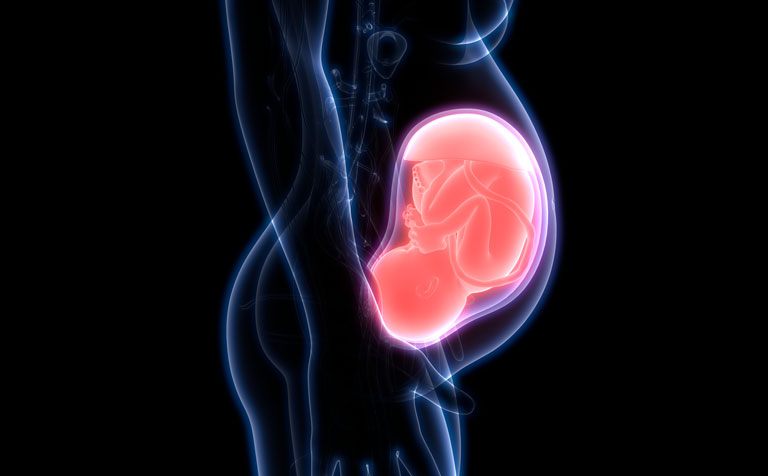Inflammatory bowel disease (IBD) – including Crohn’s disease and ulcerative colitis – often affects women of childbearing age.
A study published in Alimentary Pharmacology & Therapeutics compared the health of pregnant and non-pregnant women with IBD. The study included 2058 Korean women with IBD who became pregnant between 2007 and 2016 and 20,580 women of similar age who did not have IBD.
Overall, women with IBD did well during pregnancy; however, they had higher rates of Caesarean section and intrauterine growth retardation (low birth weight babies) than women without IBD. Of the patients who had Crohn’s disease, those with quiescent-to-mild disease did as well as women without IBD; however, women with Crohn’s disease that was not mild-to-moderate had a higher rate of miscarriage and almost a threefold higher rate of intrauterine growth retardation than women without IBD.
“Previous studies could be easily biased since considerable numbers of pregnant women with IBD with quiescent or mild activity were likely to be excluded. We overcame this limitation by using a nationwide database covering 98% of the 52 million citizens of an entire nation,” said corresponding author Bo-In Lee, MD, PhD, of The Catholic University of Korea.










